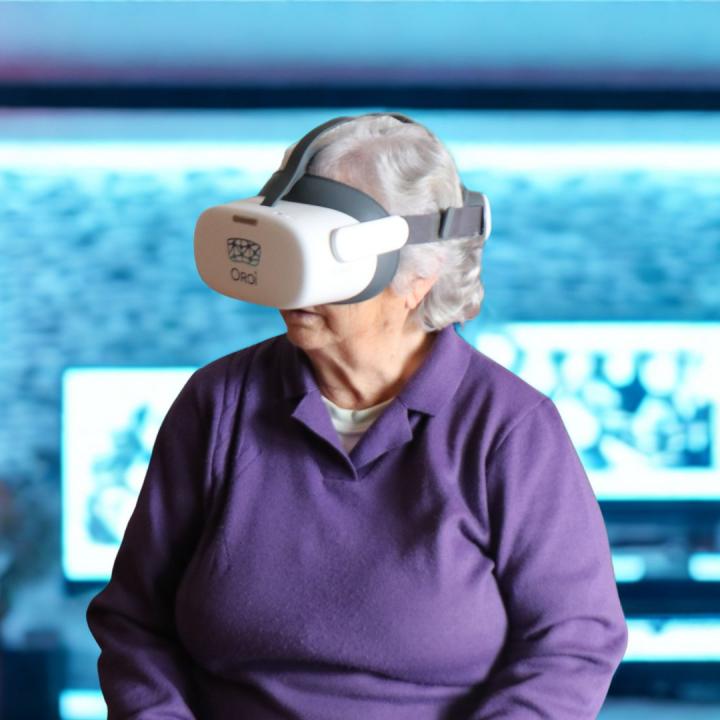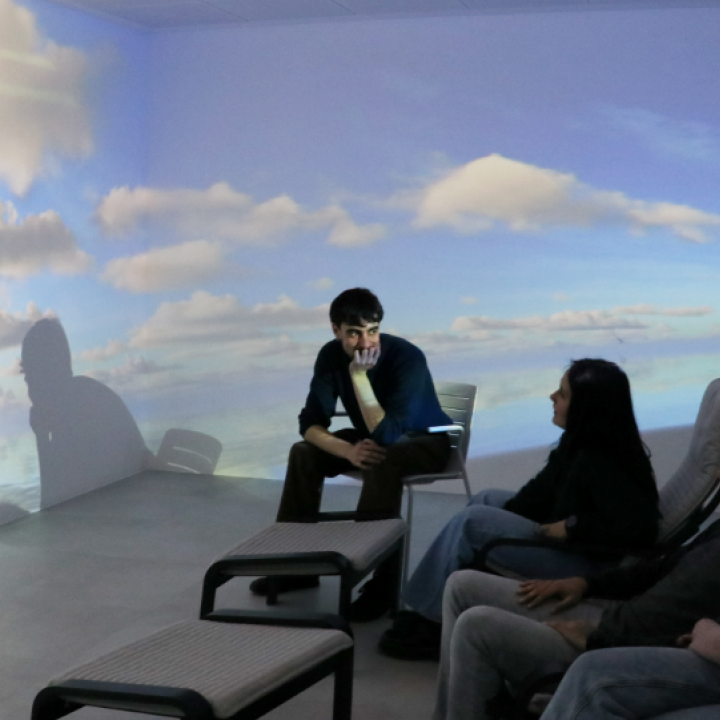Often when we think of internationalization processes, the offshoring processes of large industrial companies come to mind, or simply the idea of reaching new markets to sell our products in order to increase market share or improve the company's profits. With this in mind, what role should the social economy play in serving people in a global environment?
During the last commercial prospecting carried out by Suara in Chile, Colombia and Peru, this has been one of the questions that has always accompanied us: What should our role be? And the first answer that came to my mind is that the definition of this role collectively with the members of the cooperative is surely the first big difference that we can contribute from Suara.
When we think collectively about how to face the new challenges we have before us, surely the answers will be different. Probably Suara's experience in the management of public services, the values that permeate everything we do, the will of permanent intercooperation, our model focused on the attention to the person, the participation of professionals, our commitment to improve the quality of life of the communities in which we participate and the respect for our environment, must also be the differentiating features if we bet on the internationalization of our cooperative.
Of all these elements, I would highlight the desire for permanent collaboration, which translates into transferring the knowledge acquired over almost 30 years and at the same time learning new ways of doing things, keeping our eyes wide open, because at the end of the day, the cooperative as a whole will be strengthened.
To grow is also to adapt to new social realities, and one of the keys to Suara's success is to anticipate needs in order to provide more efficient responses. We are sure that in this area we will also be able to demonstrate that another way of doing things is possible.
Sergi Morales. Expansion Director of Suara Cooperativa





